Back in 1987 – ‘the Jamaicans’ hit. Not the whole of Jamaica – just a three-man posse of ruffians we town folk called ‘the Jamaicans’. It was during the crack epidemic of the 80’s, and I was thirteen.
Much of my days back then were spent goofing off with friends. On the weekends, we took our small allowances and hoofed it to the inner city to buy marijuana. We were silly kids pretending to be grown-ups, until times changed, and we could pretend no longer.
A time came when two of my friends began disappearing after school, and by the week’s end they had extra money. When I asked their whereabouts, they replied, “We sell rocks for ‘the Jamaicans’.” I didn’t know rocks were in such high demand, but the incentive was worth checking out, so we headed to New St. early the next day, to a neighborhood that was a breeding ground for crime.
When we arrived there was a network of roguish teenagers bustling to and fro. I watched as my friends approached a man lounging in a luxury car. He was short and dark complected, with even darker clothes, his voice rhythmic and foreign. He handed them a package and drove away as the three of us gathered curbside. Within moments, a scraggly man hastened our way with a crumpled bill clutched in his fist. He exchanged it with my friends for the contents inside a small plastic bag – and that’s when it hit me. My friends didn’t sell actual rocks. They sold a drug called – rocks.
That’s when it all made sense. No longer were we simply standing in the hood, it was more like the Promise Land – a bountiful mirage of tremendous opportunity and it read, ‘see what you’ve been missing?’ While I was home frying bologna and watching cartoons, my friends had been out getting rich. Their success was equivalent to turkey with gravy and man… I wanted to eat. The guy in the luxury car was called Roofus. We met the next day when I received my first package of cocaine.
Life as a drug dealer began with invigoration, but soon became hard work. I hopped in and out of cars all day haggling with strangers. My cup of judgment was neither half empty, nor half full, but a lot of both – completely empty of experience, at the same time, full of potential. Hustling drugs day and night, I was fueled on by the idea of success. My motto was, “show me the money, and I’ll show you commitment.” I wanted da ‘bling to cast its illusion of wealth over poverty. I wanted instant fame and glory, to shine amongst my peers. But stardom would come at a cost, and I gradually became someone different. I had walked across the bridge from innocence to inquisition, with something terrible waiting at the bottom.
The first thing to go was my mother’s curfew. Next, I was a high school dropout. Courting girls began to occupy any time and focus not spent dealing drugs. Then came mischief, like vandalism and acts of violence. I was losing my grip on my values and drifting on a sea of poor choices.

One day, I lost some drugs and had no way to pay Roofus. Frightened by the rumors of how ‘the jamaicans’ dealt with incompetence, I went into hiding. Imagine my surprise when Roofus called my house and threatened to harm my family. Suddenly, I was standing in a chilling darkness too great to conquer. Roofus demanded that I come to New St. to discuss payment. Along the way, I had a premonition of something horrible and decided to wait until I could come up with the money. A week later, Roofus skipped town after fatally shooting his girlfriend. I wondered if the bullet that killed her had my name on it.
The experience was a critical turning point in my life. While I did complete the journey across the bridge, my identity toppled over the edge. I gave my all to the dope game in hopes of something better. The price was my undying loyalty to streets – that gave nothing back.
©Chanton
ABOUT THE AUTHOR: Chanton is a thought provoking and inspirational writer as well as a frequent contributor. It’s a privilege to share his work.
![]()
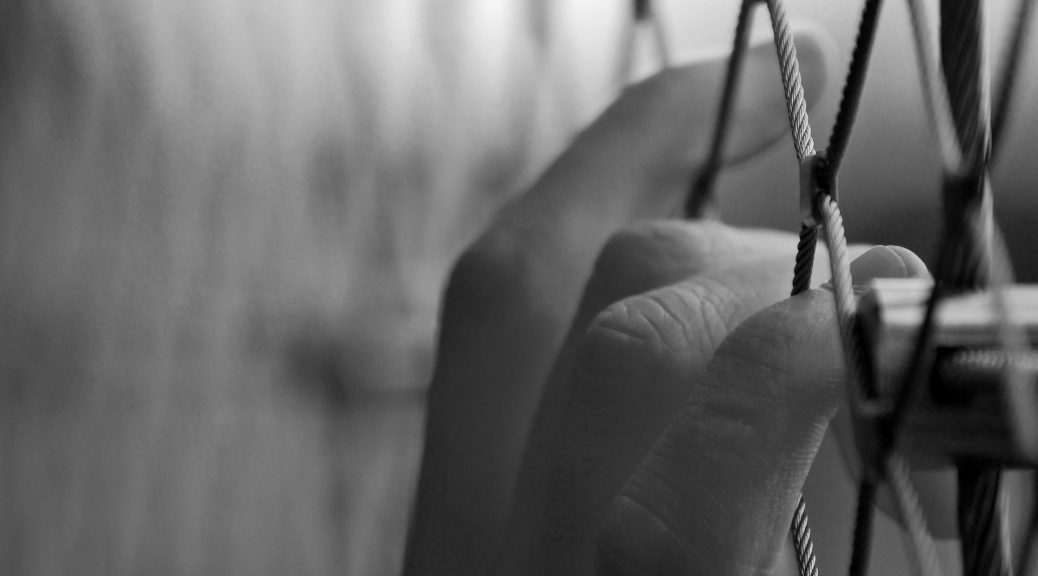
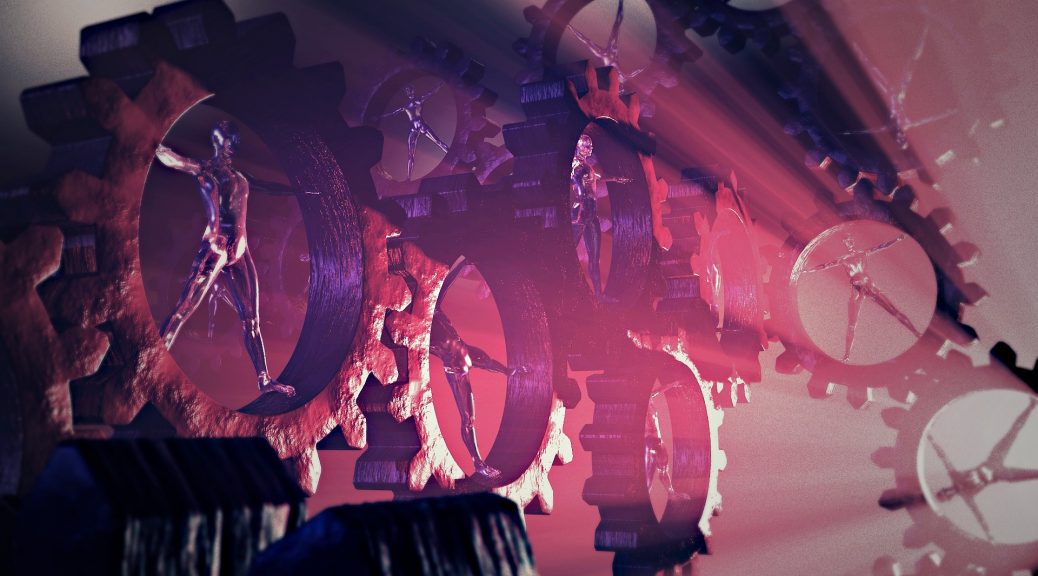
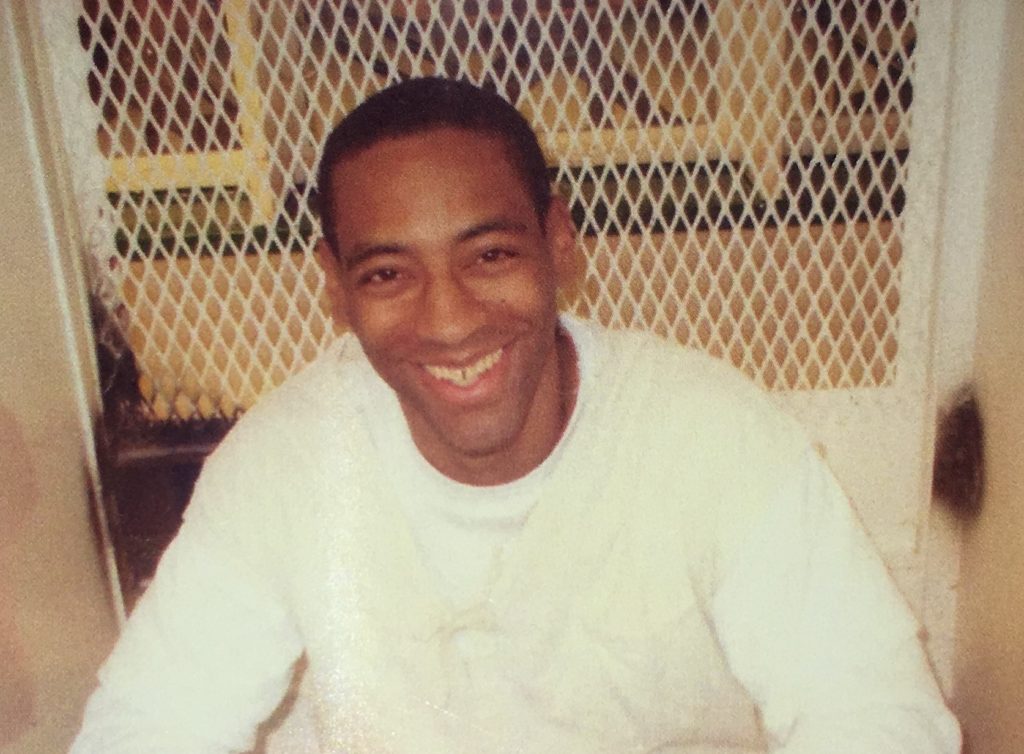
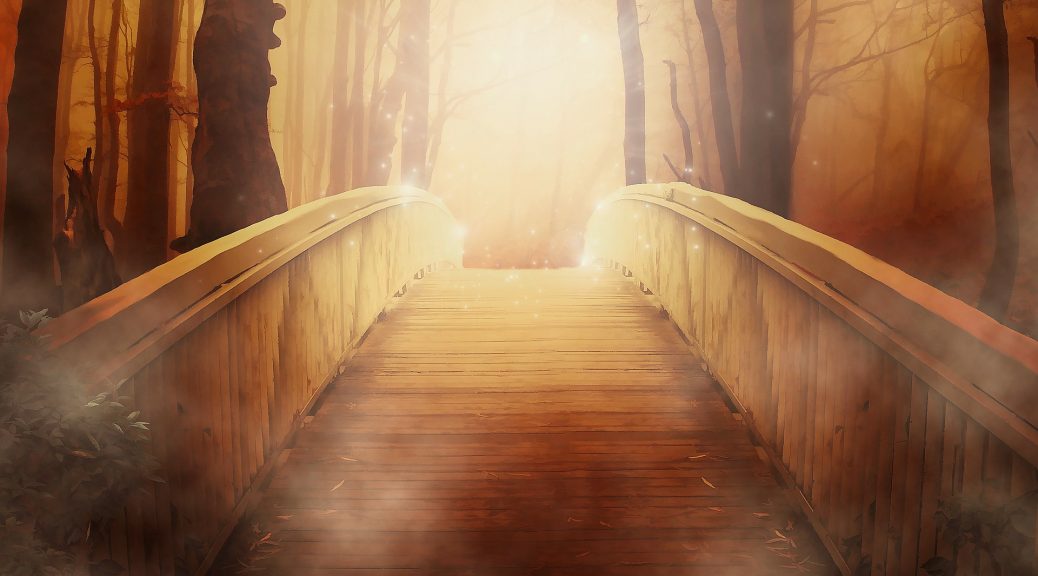
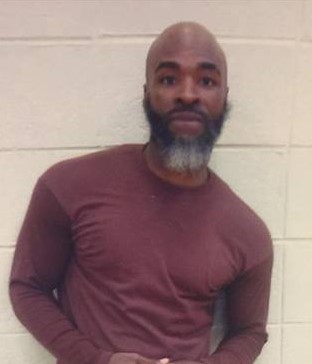
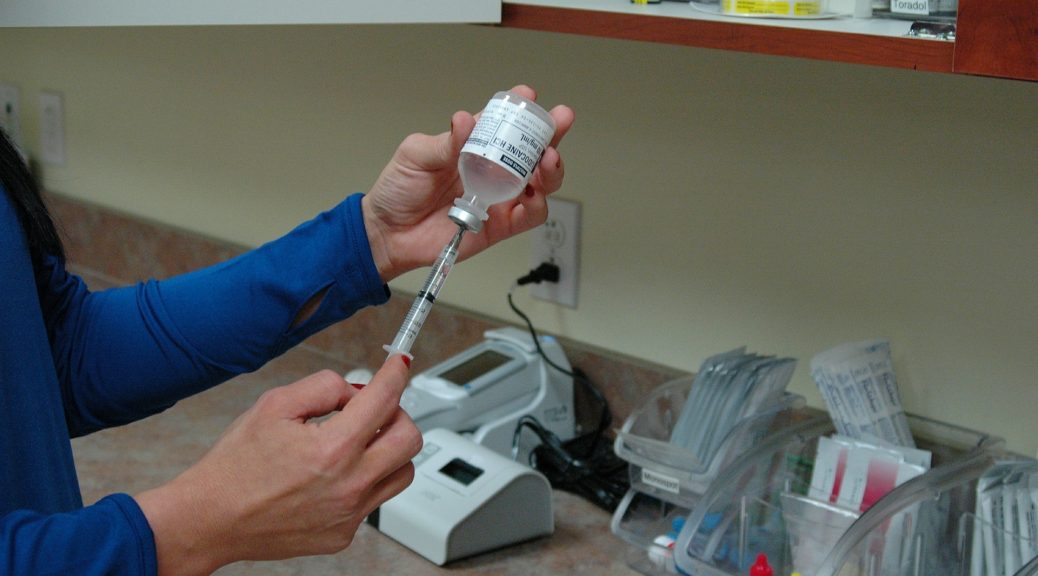

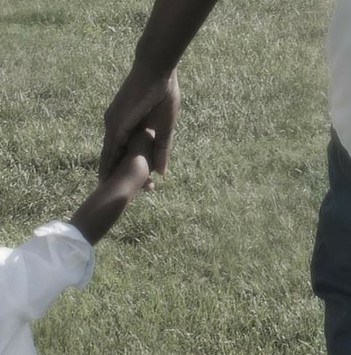
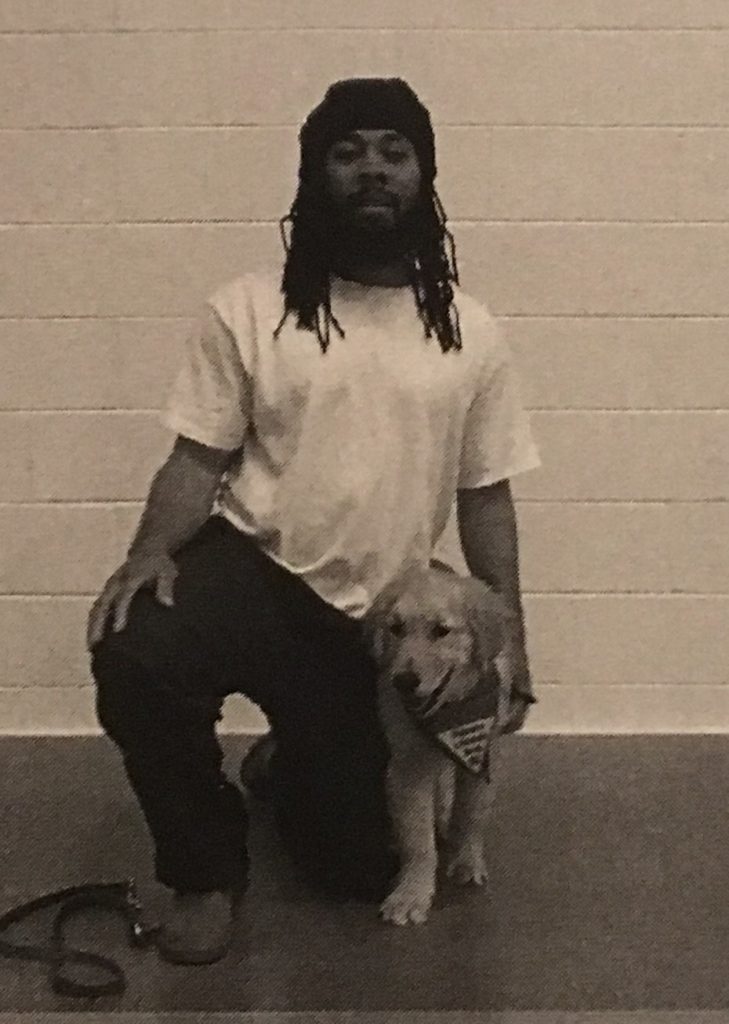
 Death and loss touch all those who are living. In my dark nights, through prayer I find comfort in a great exchange. I give God my sorrow, fear, and despair and in return receive God’s joy, courage, faith, hope, love and grace for one more day. The Psalmist said, “Yea, though I walk through the valley of the shadow of death, I will fear no evil because You are with me…”
Death and loss touch all those who are living. In my dark nights, through prayer I find comfort in a great exchange. I give God my sorrow, fear, and despair and in return receive God’s joy, courage, faith, hope, love and grace for one more day. The Psalmist said, “Yea, though I walk through the valley of the shadow of death, I will fear no evil because You are with me…”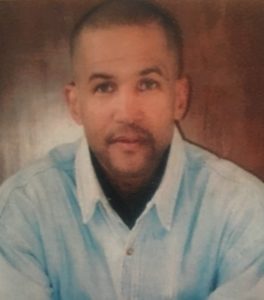 ABOUT THE AUTHOR. Darrell is a gifted and thoughtful writer serving a life sentence. He can be contacted at:
ABOUT THE AUTHOR. Darrell is a gifted and thoughtful writer serving a life sentence. He can be contacted at: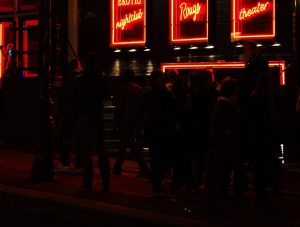 It was December 5th, 1998, when I stepped outside of Jimmy’s nightclub at 2 a.m. The strip was packed with inebriated club hoppers loitering on the sidewalks. Cars blared their stereo systems, and the scent of ganja lingered in the night air. With 15 grams of cocaine stashed in my jacket, I decided to head home. I had no intention of being around when the cops showed. I popped on my headset and bopped to the lyrical testimonies of Tupac Shakur, “Come listen to my truest thoughts, my truest feelings, all my peers doin’ years behind drug dealing…”
It was December 5th, 1998, when I stepped outside of Jimmy’s nightclub at 2 a.m. The strip was packed with inebriated club hoppers loitering on the sidewalks. Cars blared their stereo systems, and the scent of ganja lingered in the night air. With 15 grams of cocaine stashed in my jacket, I decided to head home. I had no intention of being around when the cops showed. I popped on my headset and bopped to the lyrical testimonies of Tupac Shakur, “Come listen to my truest thoughts, my truest feelings, all my peers doin’ years behind drug dealing…”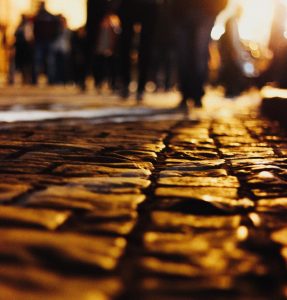 As dozens of footsteps converged towards me, I was imbued with panic. I trained the gun on the first face that hovered, only to see it was a friend who’d rushed to help. At his request, I ceded the gun and watched as he bolted around the corner. More faces appeared, suspended above me, annoying me with their questions and concerns. My backside raged with pain as if being cauterized with a searing stake, while pressure penned my chest, causing my breathing to strain. With each new face that happened into view, a fraction of the air was claimed, as my vision succumbed to a fierce swirl that distorted the surroundings. Voices were reduced to murmurs over the thumping of my chest.
As dozens of footsteps converged towards me, I was imbued with panic. I trained the gun on the first face that hovered, only to see it was a friend who’d rushed to help. At his request, I ceded the gun and watched as he bolted around the corner. More faces appeared, suspended above me, annoying me with their questions and concerns. My backside raged with pain as if being cauterized with a searing stake, while pressure penned my chest, causing my breathing to strain. With each new face that happened into view, a fraction of the air was claimed, as my vision succumbed to a fierce swirl that distorted the surroundings. Voices were reduced to murmurs over the thumping of my chest. I closed my eyes, stilled myself, and relinquished my woeful struggles. I drew on a spiritual medium where inner calmness was fostered. Compelled by the notion to atone, I immersed myself in prayer, neither for forgiveness nor some half-hearted attempt to explain away my misdeeds, but a prayer of strength for my mother. I wanted her to know how much I loved her and thought she deserved better. Afterward, I wasn’t afraid anymore. I was ready for the final transition.
I closed my eyes, stilled myself, and relinquished my woeful struggles. I drew on a spiritual medium where inner calmness was fostered. Compelled by the notion to atone, I immersed myself in prayer, neither for forgiveness nor some half-hearted attempt to explain away my misdeeds, but a prayer of strength for my mother. I wanted her to know how much I loved her and thought she deserved better. Afterward, I wasn’t afraid anymore. I was ready for the final transition.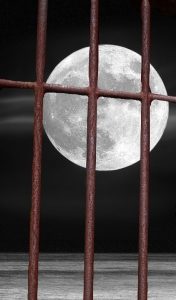 If these bars could talk,
If these bars could talk,